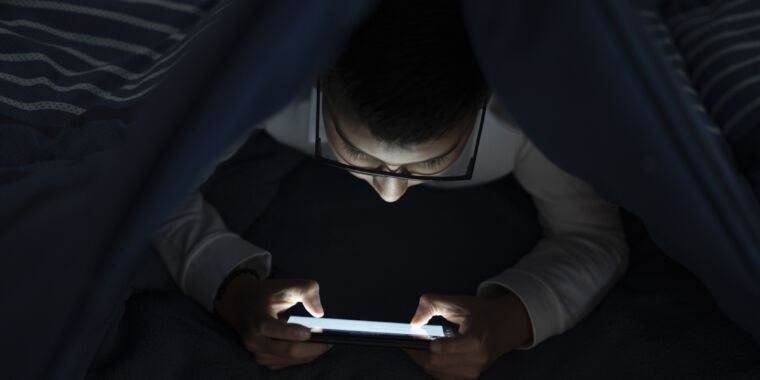AI trained on photos from kids’ entire childhood without their consent

🌈 Abstract
The article discusses how photos of Brazilian children have been used without their consent to power AI tools, including popular image generators like Stable Diffusion. This poses urgent privacy risks to the children and increases the risks of non-consensual AI-generated images bearing their likenesses. The article highlights the findings of a Human Rights Watch (HRW) report on this issue.
🙋 Q&A
[01] Photos of Brazilian Children Used in AI Datasets
1. What did the HRW researcher find in the LAION-5B dataset?
- The HRW researcher, Hye Jung Han, analyzed "less than 0.0001 percent" of the LAION-5B dataset and found 170 photos of children from at least 10 Brazilian states.
- These were mostly family photos uploaded to personal and parenting blogs, as well as stills from YouTube videos with small view counts.
2. How did the children's identities become easily traceable?
- Many of the Brazilian children's identities were "easily traceable" because their names and locations were included in the image captions that were processed when building the dataset.
3. What actions have been taken by LAION regarding the dataset?
- LAION has worked with HRW to remove the links to the children's images in the dataset.
- However, LAION's spokesperson acknowledged that the removed links are "likely to be a significant undercount of the total amount of children's personal data that exists in LAION-5B."
- LAION is currently working with various organizations to remove all known references to illegal content from LAION-5B before republishing a revised version.
[02] Risks and Concerns
1. What are the potential risks to the children?
- At a time when middle and high school-aged students are at greater risk of being targeted by bullies or bad actors, it's possible that AI tools may be better equipped to generate AI clones of kids whose images are referenced in AI datasets.
- The photos reviewed span the entirety of childhood, capturing intimate moments of the children's lives.
2. What has happened in Brazil regarding AI-generated deepfakes?
- In Brazil, "at least 85 girls" have reported classmates harassing them by using AI tools to "create sexually explicit deepfakes of the girls based on photos taken from their social media profiles."
- Once these explicit deepfakes are posted online, they can inflict "lasting harm" and potentially remain online for the children's entire lives.
3. What is the call to action from the HRW researcher?
- "Children should not have to live in fear that their photos might be stolen and weaponized against them," said HRW researcher Hye Jung Han. "The government should urgently adopt policies to protect children's data from AI-fueled misuse."
Shared by Daniel Chen ·
© 2024 NewMotor Inc.